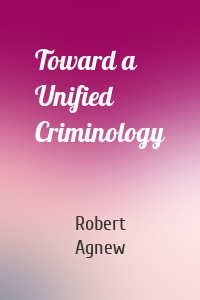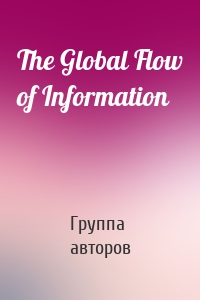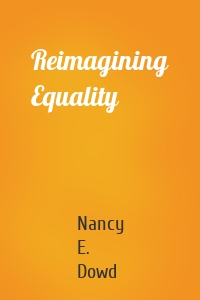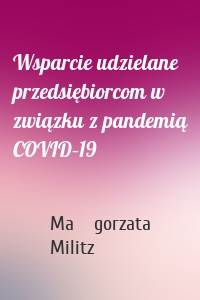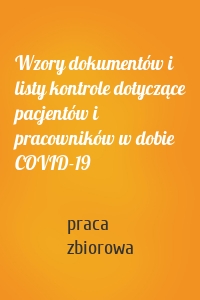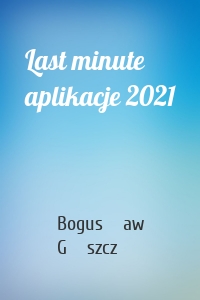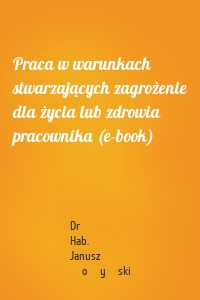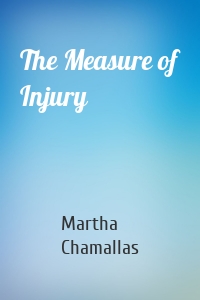Юриспруденция, право
7421 кн.
Trial by Jury
While the right to be judged by one's peers in a court of law appears to be a hallmark of American law, protected in civil cases by the Seventh Amendment to the Constitution, the civil jury is actually an import from England. Legal historian James Oldham assembles a mix of his signature essays and new work on the history of jury trial, tracing how trial by jury was transplanted to America and preserved in the Constitution. Trial by Jury begins with a rigorous examination of English civil...
| Автор | James Oldham |
Stop and Frisk
Winner, 2019 Outstanding Book Award, given by the American Society of Criminology’s Division of Policing Section [/b][b] The first in-depth history and analysis of a much-abused policing policy No policing tactic has been more controversial than “stop and frisk,” whereby police officers stop, question and frisk ordinary citizens, who they may view as potential suspects, on the streets. As Michael White and Hank Fradella show in Stop and Frisk, the first authoritative history and analysis of...
| Автор | Michael D. White |
Trials Without Truth
Reginald Denny. O. J. Simpson. Colin Ferguson. Louise Woodward: all names that have cast a spotlight on the deficiencies of the American system of criminal justice. Yet, in the wake of each trial that exposes shocking behavior by trial participants or results in counterintuitive rulings—often with perverse results—the American public is reassured by the trial bar that the case is not «typical» and that our trial system remains the best in the world. William T. Pizzi here argues that what the...
| Автор | William T. Pizzi |
Toward a Unified Criminology
Why do people commit crimes? How do we control crime? The theories that criminologists use to answer these questions are built on a number of underlying assumptions, including those about the nature of crime, free will, human nature, and society. These assumptions have a fundamental impact on criminology: they largely determine what criminologists study, the causes they examine, the control strategies they recommend, and how they test their theories and evaluate crime-control strategies. In...
| Автор | Robert Agnew |
The Global Flow of Information
The Internet has been integral to the globalization of a range of goods and production, from intellectual property and scientific research to political discourse and cultural symbols. Yet the ease with which it allows information to flow at a global level presents enormous regulatory challenges. Understanding if, when, and how the law should regulate online, international flows of information requires a firm grasp of past, present, and future patterns of information flow, and their political,...
| Автор | Группа авторов |
Reimagining Equality
2018 Outstanding Academic Title, given by Choice Magazine [/b] A comprehensive examination of developmental inequality among children [b] Developmental equality–whether every child has an equal opportunity to reach their fullest potential–is essential for children’s future growth and access to opportunity. In the United States, however, children of color are disproportionately affected by poverty, poor educational outcomes, and structural discrimination, limiting their potential. In ...
| Автор | Nancy E. Dowd |
America's Jails
A look at the contemporary crisis in U.S. jails with recommendations for improving and protecting the dignity of inmates [b][/b]Twelve million Americans go through the U.S. jail system on an annual basis. Jails, which differ significantly from prisons, are designed to house inmates for short amounts of time, and are often occupied by large populations of legally innocent people waiting for a trial. Jails often have deplorable sanitary conditions, and there are countless records of inmates being...
| Автор | Derek Jeffreys |
Climate Finance
Preventing risks of severe damage from climate change not only requires deep cuts in developed country greenhouse gas emissions, but enormous amounts of public and private investment to limit emissions while promoting green growth in developing countries. While attention has focused on emissions limitations commitments and architectures, the crucial issue of what must be done to mobilize and govern the necessary financial resources has received too little consideration. In Climate Finance , a...
| Автор | Группа авторов |
The Measure of Injury
Tort law is the body of law governing negligence, intentional misconduct, and other wrongful acts for which civil actions can be brought. The conventional wisdom is that the rules, concepts, and structures of tort law are neutral and unbiased, free of considerations of gender and race.In The Measure of Injury , Martha Chamallas and Jennifer Wriggins prove that tort law is anything but gender and race neutral. Drawing on an in-depth analysis of case law ranging from the Jim Crow South to the...
| Автор | Martha Chamallas |









